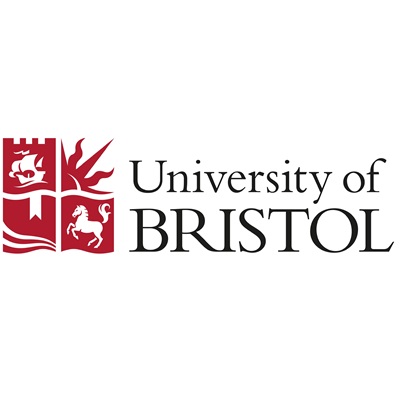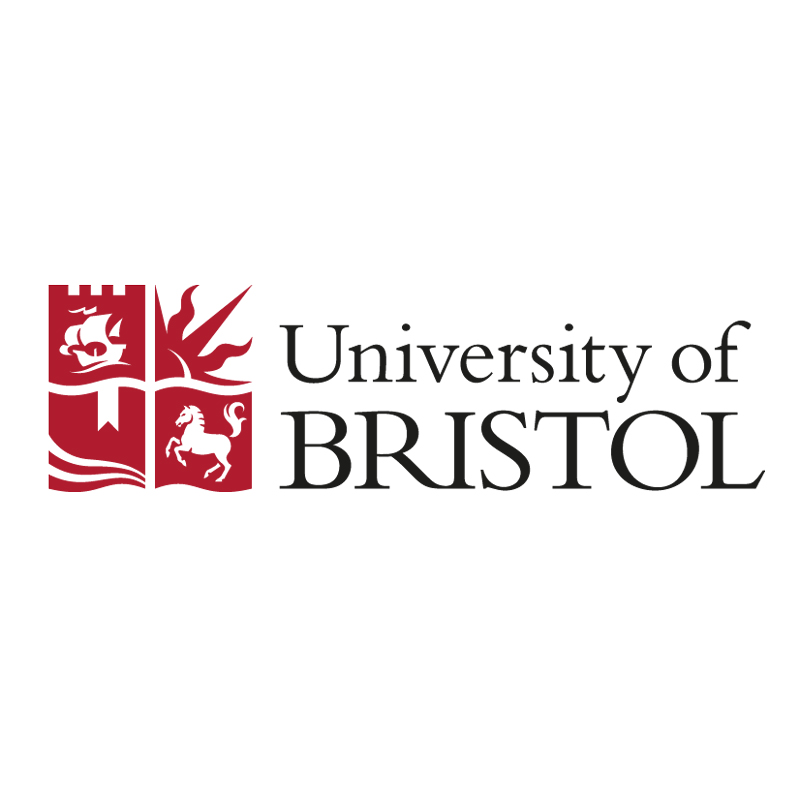Supercomputers herald a new era for Malaysia’s higher education sector
As engines of collaboration and entrepreneurship, universities hold the key to driving AI-powered transformation in industries across the world

Sponsored by

The advancement of AI is exerting its influence on all industries, including the higher education sector. This transformative shift is set to pave the way for universities’ growing role as drivers of collaboration, entrepreneurship and economic growth, and strengthen their capacity to commercialise research. As the world of academia and business are increasingly entwined, the growing use of AI calls for the creation of campuses that serve as innovation hubs.
In acknowledging the impact of this game-changing technology, the Malaysian government is undertaking an ambitious overhaul of its Higher Education Plan. However, for these reforms to succeed, Malaysia needs to remain adaptable to the evolution of technology while broadening access to higher education. It must also confront the question of talent retention as it faces the challenge of losing skilled and bright minds to its regional counterparts, despite welcoming more international students than other countries in South-east Asia.
Andrew Sheng, economist and distinguished fellow at the University of Hong Kong’s Asia Global Institute, says that higher salaries offered in countries such as Singapore and Hong Kong have led to a brain drain of Malaysia’s top talent. “The race for AI dominance is a race for talent, and universities can play a critical role in closing the gap,” he says.
According to Sheng, a key component of retaining talent will be forging partnerships with institutions that are already leading the work on supercomputing and AI. The University of Bristol, home to the UK’s largest, fastest and most powerful supercomputer, has been at the forefront of supercomputer research since the 1970s. The university is constructing a new campus that will focus on advancing AI and cybersecurity while fostering industry-academia collaboration.
“Universities must rethink their role in today’s modern world,” says Evelyn Welch, vice-chancellor of the University of Bristol. “They need to shift from a sole focus on intellectual pursuits to translating cutting-edge research into practical applications, making global cooperation the driver for accelerating AI talent development.” She adds that the University of Bristol traces its deep ties with Malaysia to more than 3,000 alumni from the country, including Sheng, who have contributed to the growth of diverse sectors globally.
To facilitate Malaysia’s AI revolution, Sheng and Welch call for an entrepreneurial culture that nurtures a supportive ecosystem for startups and innovation within universities. This is where the advent of supercomputing, spinouts and open campuses could deliver a reimagined education sector that bolsters Malaysia’s position as a hub for students, researchers and businesses. Universities with strong connections to industry and government can support the country’s startup ecosystem to be more robust, agile and resilient to modern-day challenges.
Welch points out that while AI is capable of processing vast amounts of harvested data at incredible speed, AI cannot replace the deep understanding or ethical judgment that humans have. “A powerful tool comes with powerful implications. Therefore, all future curricula must include ethical questions surrounding AI.”
The AI-driven revolution in Malaysia’s higher education system represents both an opportunity and a challenge. To position itself as a frontrunner in AI-driven education and innovation, Malaysia requires concerted efforts from its government, institutions and industry to create an ecosystem where talent thrives, research is commercialised and local knowledge is harnessed for global impact.
Find out more about the University of Bristol’s Open for Business podcast.
